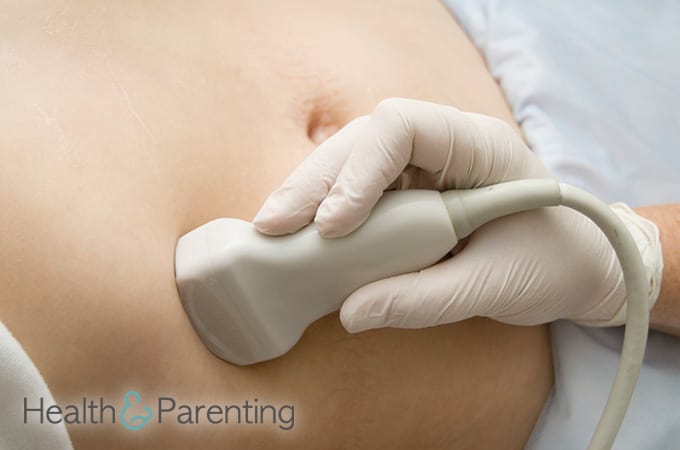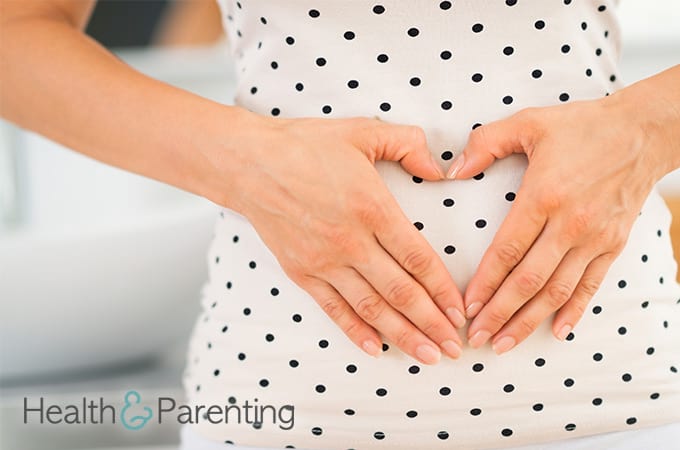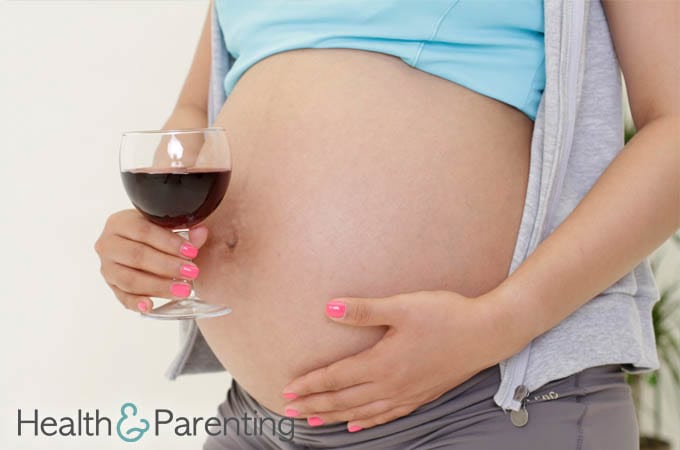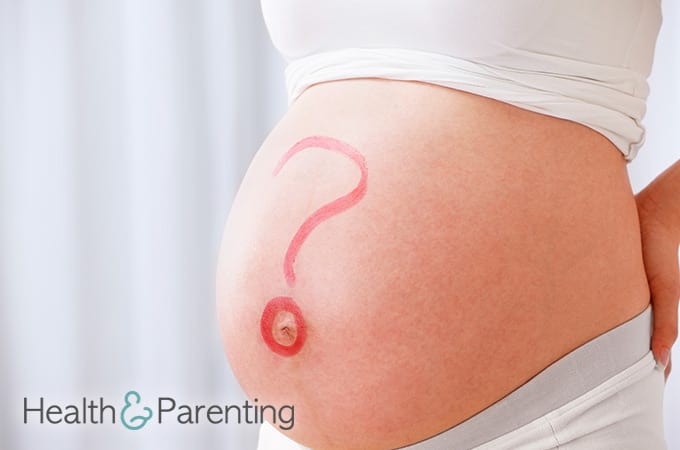An ectopic pregnancy occurs when a fertilised egg embeds itself outside of the womb, most commonly in the fallopian tube. The condition is rare, affecting only 1 out of every 100 pregnancies. An ectopic pregnancy will not develop into a baby.
You may have an increased risk of ectopic pregnancy if you:
- have previously suffered from a pelvic inflammatory disease, such as chlamydia
- have previously experienced ectopic pregnancy
- have ever had surgery on your fallopian tubes
- conceived through the use of IVF
- had a contraceptive IUD (coil) fitted at the time of conception
- are 35 or over
- are a smoker
- have an abnormally shaped fallopian tube
Symptoms of ectopic pregnancy
Some women do not experience any symptoms, and may not discover the pregnancy is ectopic until the ultrasound scan. Symptoms usually start between weeks five and 14. Common symptoms include:
- one-sided abdominal pain – this pain may be severe and persistent
- vaginal bleeding – this may be bright or dark red in colour, and may stop and start
Less common symptoms include:
- shoulder tip pain – this pain is felt at the tip of your shoulder, where your arm begins. It is most commonly felt whilst lying down, and can be a sign that the ectopic pregnancy has caused internal bleeding
- diarrhoea and vomiting
- bowel pain – you may experience pain when passing stools
- painful urination
When to seek medical help
You should always contact your healthcare provider if you experience:
- a change to your menstrual cycle
- unusual vaginal bleeding
- persistent abdominal pain
You should seek immediate medical attention if:
- feel lightheaded or dizzy
- have sudden, sharp abdominal pain
- look pale
- have diarrhoea
- feel sick
- have an increased heart rate
The most severe symptom of ectopic pregnancy is known as “collapse”, this occurs when the fallopian tube ruptures, causing internal bleeding. If this happens, you require immediate medical assistance.
Treatment for ectopic pregnancy
If you are suffering from an ectopic pregnancy, it is not possible to save the pregnancy. The treatment offered will depend upon your individual situation, but it will be one of the following:
- active monitoring – if you are experiencing only mild symptoms, your healthcare provider may wish to monitor you to see if the pregnancy resolves itself. It is common for the pregnancy to be absorbed into nearby tissue, negating the need for further treatment.
- medication – if diagnosed early, medication can be used to treat ectopic pregnancy. The medication works by stopping the embryo from developing, you will be monitored closely after the medication has been given. You will be advised to use contraception for six months, because the medication used can increase the risk of developmental problems in a baby conceived soon after it is taken.
- surgery – this is the most commonly used treatment for ectopic pregnancy. Keyhole surgery (laparoscopy) is used to investigate the fallopian tubes with a small camera. The surgeon may need to remove the fallopian tube containing the ectopic pregnancy.
After treatment, you may wish to visit your healthcare provider to discuss when it is safe to start trying to become pregnant again. Counselling services are available for parents dealing with loss, so contact your healthcare provider if you would like a referral to a counselling service.
Written by Fiona, proud owner of a toddler, @fiona_peacock
This information is not intended to replace the advice of a trained medical doctor. Health & Parenting Ltd disclaims any liability for the decisions you make based on this information, which is provided to you on a general information basis only and not as a substitute for personalized medical advice. All contents copyright © Health & Parenting Ltd 2018. All rights reserved.
















